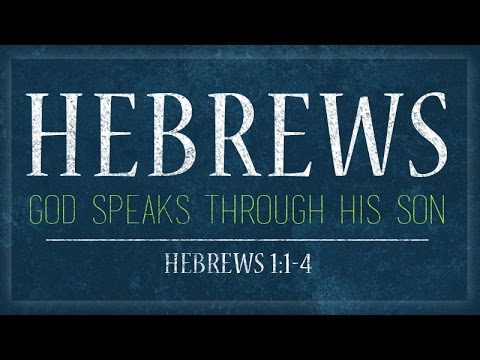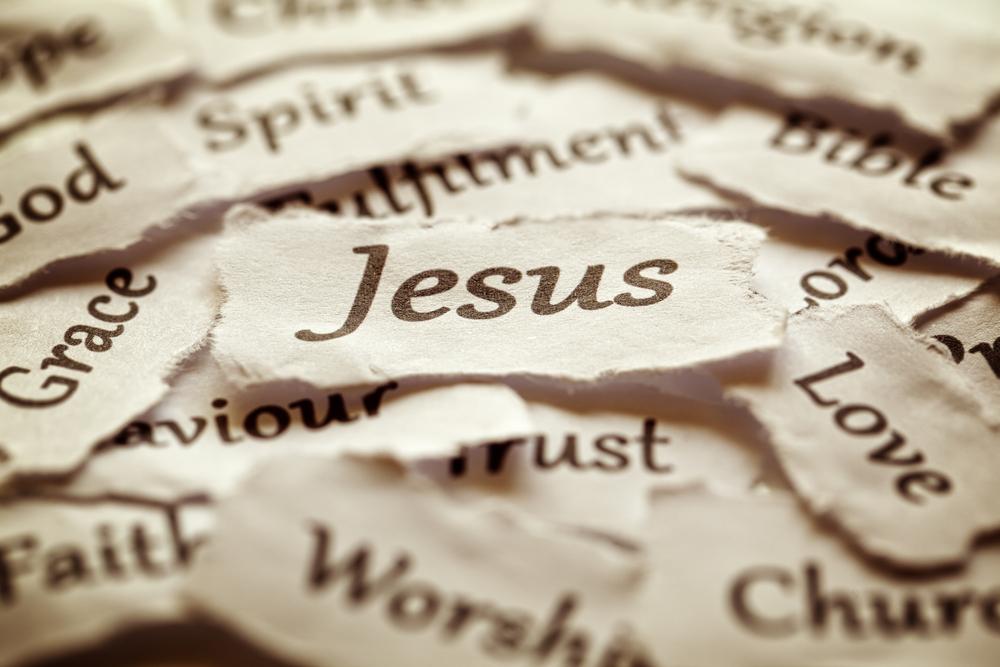Hebrews for Today: The Majestic Jesus - iv. Free Indeed
/Preacher: Alan Cameron
Verses: Hebrews 2:5-18
The writer of Hebrews once again addresses the person and work of Jesus. He has exhorted his readers not to drift away from faith (2:1-4). Having highlighted the divinity and supremacy of Jesus in chapter one, he now stresses the humanity and humility of Jesus (2:5-18). His concern is both theological and pastoral lest one succumbs to mere pragmatism or the passing facts of the day.
Two errors were faced by the early church which still remain today. The full divinity of Jesus was questioned by Arias a presbyter in Alexandria. On the other hand Docetists (from the Greek dokeo ‘to seem’ or ‘appear’) argued that it was unworthy for the divine to take human flesh, much less to die in shame and weakness upon a cross.






















